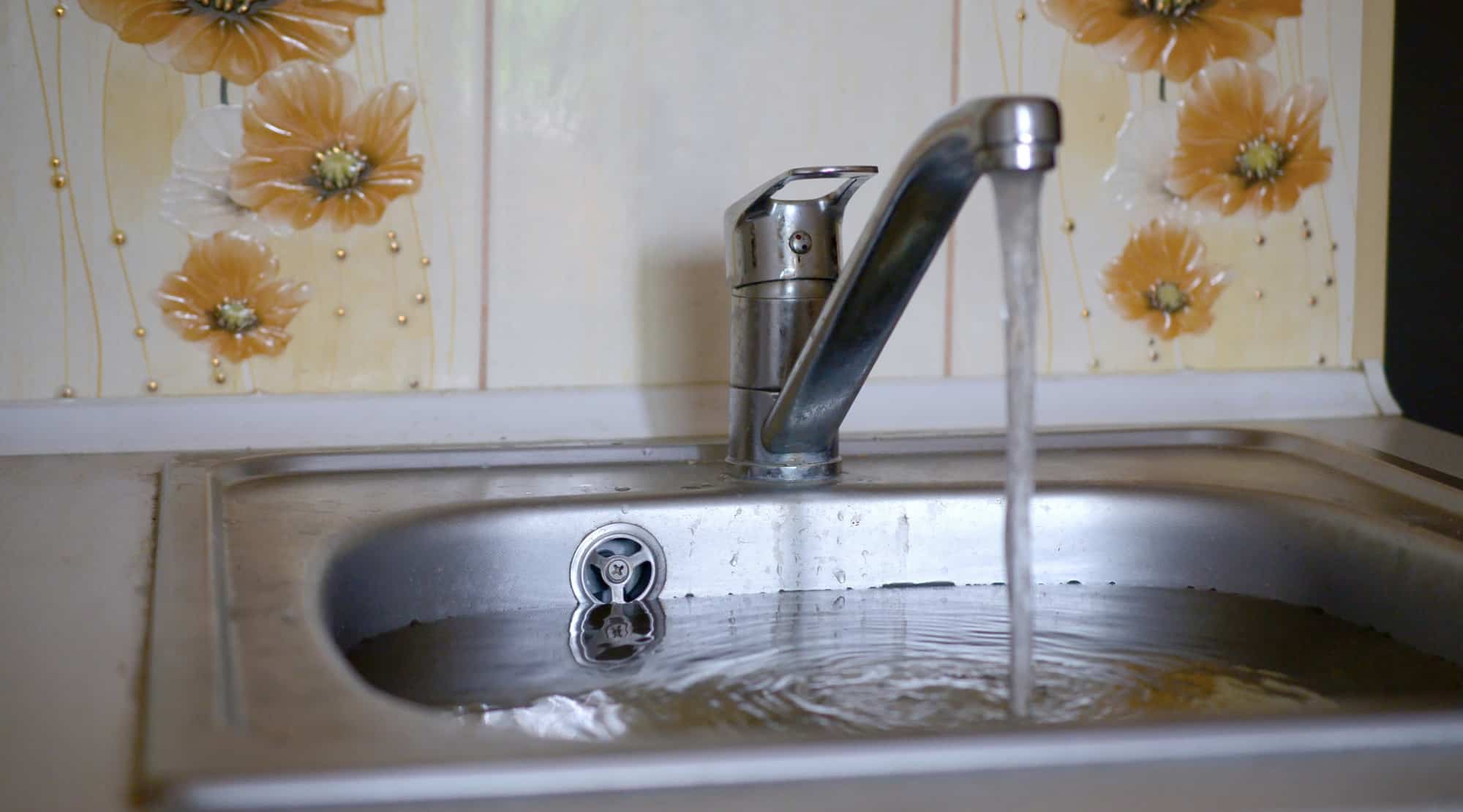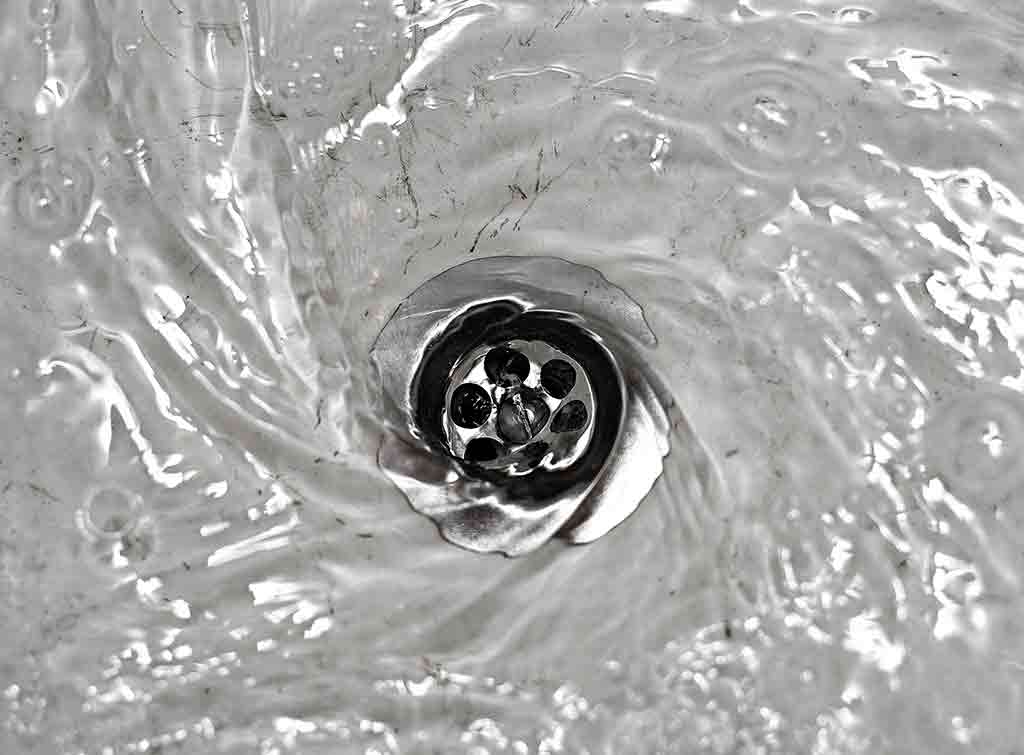Steps To Quickly Resolve A Slow-Draining Sink
Steps To Quickly Resolve A Slow-Draining Sink
Blog Article
Do you find yourself interested in know-how about Solved! How to Fix a Slow Sink Drain?

Introduction
We've all been there: You're cleaning your teeth or cleaning your hands, and you discover the water pooling in the sink. Rather than promptly swirling away, it sticks around, turning your once-refreshing early morning routine right into a mini swamp scene. A slow-draining sink isn't simply annoying; it's often an indicator of larger plumbing problems prowling under the surface. The good news is that the majority of slow-draining sinks can be fixed with a little knowledge, a couple of standard devices, and some persistence. All set to tackle this task head-on? Let's roll up our sleeves and dive right in.
Recognizing the Reasons For a Slow-Draining Sink
Before you start poking around in your pipes, it assists to recognize what could be creating the slowdown. Recognizing the source makes it easier to choose the best repair.
Tools and Materials You'll Need
The right tools make all the difference. Thankfully, you won't need a fully equipped plumbing professional's van to do the job.
Step-by-Step Overview to Dealing With a Slow-Draining Sink
Currently, let's enter the nitty-gritty. This detailed process will assist you with straightforward methods to restore your sink's water drainage.
Step 1: Remove and Tidy the Stopper
Commonly, the stopper (that small plug you push down to block water) is the initial offender. Remove it very carefully and wipe any kind of hair or substance trapped around its base. Rinse it thoroughly before placing it back in place.
Action 2: Use a Bettor to Dislodge Particles
Got that bettor all set? Setting it over the drainpipe and offer it a couple of firm pumps. The idea is to produce suction that can loosen up any blockage. If you see littles particles floating up, you're on the best track.
Action 3: Try a Drain Snake or Cable Hanger
If the bettor doesn't suffice, it's time to highlight the drainpipe serpent. Delicately feed it right into the drainpipe and twist as you go. You may really feel some resistance-- that's likely the blockage. Keep twisting and pulling till you get rid of the blockage. If you do not have a drainpipe snake, a straightened cable wall mount can operate in a pinch.
Step 4: Use a DIY Drainpipe Cleaner
An all-natural cleaner made from baking soda and vinegar can break down residual gunk. Put half a cup of baking soda into the drain, complied with by half a mug of vinegar. Let it fizz for about 15 minutes, after that flush with warm water. This chemical reaction commonly does marvels for small obstructions.
Tip 5: Reconstruct and Test the Sink
Put whatever back together and run the tap. Does the water now swirl away at a reputable rate? If yes, give on your own a pat on the back. Otherwise, do not despair-- there are still a few more tricks up your sleeve.
Crucial Devices for DIY Services
A bettor is your best beginning factor. A little, sink-sized plunger creates suction that can dislodge minor clogs. For even more relentless clogs, a drainpipe serpent (occasionally called a plumbing technician's auger) works marvels. A set of handwear covers, a flashlight, and maybe a pair of safety safety glasses are likewise helpful.
Suggested Cleansing Solutions
Light meal soap and warm water can aid break down greasy accumulation. A blend of cooking soda and vinegar is a tried and true natural remedy, and chemical cleansers use an even more eco-friendly technique. Maintain chemical drainpipe cleansers as a last option, as they can be severe on your pipes.
Usual Wrongdoers Behind Slow Drain
So, what's obstructing points up? Usually, it's a mixture of everyday debris-- assume hair, soap scum, toothpaste residue, and remaining food fragments. In time, these little bits gather and cling to the pipe walls, gradually tightening the flow and making it harder for water to pass through. In many cases, mineral deposits from difficult water can likewise contribute to the gunk, creating the excellent tornado for stubborn obstructions.
When is it Time to Do Something About It?
If you discover the water draining slower than usual, it's an excellent concept to interfere faster as opposed to later. Waiting also long could lead to finish blockages, undesirable odors, and even pipe damage. If the water takes more than a couple of seconds to remove after turning off the faucet, consider it a red flag and prepare to place on your do it yourself hat.
Safety First: Safety Measures and Preparations
Before you launch into unclogging mode, consider security. You're managing possibly unclean water and particles, so slip on a set of handwear covers. If you're using chemical cleansers, guarantee the room is well-ventilated and follow the instructions on the tag.
Protective Equipment and Work Space Arrangement
Put down some old towels or rags around the sink location to catch splashes. Eliminate any type of things that may enter your method, like soap dispensers or tooth brush holders. Make sure you have excellent lighting-- get hold of a flashlight if needed.
Alternative Approaches for Stubborn Clogs
Not all clogs are produced equivalent. If your sink still refuses to comply, consider these different services.
Sodium Bicarbonate and Vinegar Approach
We currently touched on this, but it's worth noting once again. This gentle, green method is safer than chemical cleansers and typically quite reliable.
Enzymatic Drain Cleansers
Enzyme-based cleaners utilize natural germs to absorb raw material. They're an outstanding selection if you're looking to avoid severe chemicals. Just bear in mind, they might take a bit longer to function their magic.
Chemical Drain Cleaners: Advantages And Disadvantages
Chemical cleaners can blow up with difficult clogs quickly, however they're not without disadvantages. They can generate warmth and fumes, damages pipelines if used exceedingly, and present environmental dangers. Use them sparingly, and always adhere to the directions meticulously.
Preventive Measures to Maintain Your Sink Flowing
Prevention is the most effective cure. By embracing a couple of straightforward practices, you can keep your sink from slowing down in the first place.
Routine Cleaning Up Habits
Wipe down the sink basin and fixture area consistently. Remove hair or food fragments prior to they have an opportunity to wash down the drainpipe.
Preventing Unsafe Materials Away
Hesitate prior to disposing coffee grounds, oil, or coarse vegetable scraps down the sink. These offenders cling to pipe walls, creating clogs in time.
Routine Upkeep Checks
Arrange a quick month-to-month examination. Run hot water via the sink for a few mins, focusing on the flow. If it seems sluggish, act quick prior to it ends up being a full-on clog.
When to Call an Expert Plumbing
Occasionally, regardless of exactly how hard you try, that obstruct simply won't budge. That's when it's time to bring in the pros.
Signs That Show a Much More Major Issue
If your sink drains pipes slowly in spite of numerous attempts, or if you notice water backing up in other components (like your shower or bathroom), you might have a much more significant plumbing concern hiding much deeper in the system.
Stabilizing DIY Initiatives with Professional Assistance
While DIY can conserve you cash and supply a feeling of success, there's no embarassment in calling a specialist. A specialist plumber can assess your whole plumbing configuration, making certain there's no underlying damage or long-term issue that might cost you more down the road.
Contrasting Expenses and Long-Term Solutions
Before choosing, take into consideration the big picture. An inexpensive, quick fix might solve the trouble briefly, but investing in an extra long-term solution can save you cash and anxiety in the long run.
Considering the Costs of Do It Yourself vs. Professional Solutions
DIY repairs typically cost bit more than the cost of a bettor or a bottle of baking soft drink. Professional solutions, on the other hand, featured a price tag but may stop repeated problems and expensive fixings later on.
Purchasing Top Quality Fixtures and Upgrades
If your sink's layout contributes to constant obstructions, it could be worth updating to higher-quality fixtures or modifying the plumbing layout. Consider this a financial investment in your home's functionality and convenience.
Final thought
A slow-draining sink can seem like a minor irritation, however it's usually an indicator that your pipes requires a little TLC. By recognizing the origin, utilizing the right tools and strategies, and dedicating to straightforward preventive measures, you can maintain your sink flowing easily. And when all else falls short, never think twice to hire a specialist-- your home's pipes is worth the financial investment in treatment and maintenance.
Three Common Ways to Fix a Slow Drain
Baking Soda Method
Boil a full pot of water. Measure out cup of baking soda and pour it down the drain. Then take cup of the magical cleansing substance known as white vinegar and drop that down there too. Allow the mixture to fizz in the drain for five minutes as the vinegar and baking soda combine. Now dump in that whole pot of boiling water. This combination of cleaning substances should clear out anything that is causing your sink to drain slowly. If it doesn t...
Zip-It
If the baking soda method doesn t clear out your drain, it may be because a significant amount of hair and/or other debris has collected there and you need to remove it. Purchase a Zip-It tool at any home improvement or hardware store and insert it into your drain. It will catch any collected hair or debris that s blocking the flow of water. Pull it out. If it s got a big clump of hair, etc. on the end, you ve probably got your culprit.
Drain Cleaner
If these methods don t work, there is the standard drain cleaner that you can also buy in a hardware store or even your local grocery store. It s better if you can use a household solution, but these drain cleaners often work in a pinch. They re very simple to use. You generally just dump them in your drain and wait. If even this method is not effective, it may be time to call the plumber.
https://www.mrrooter.com/oneida/about-us/blog/2017/july/three-common-ways-to-fix-a-slow-drain/

Do you appreciate reading up on Solved! How to Fix a Slow Sink Drain? Create a short review further down. We'd be happy to find out your thinking about this page. In hopes to see you back again in the near future. Do you know somebody else who is occupied with Solved! How to Fix a Slow Sink Drain? Be sure promote it. I praise you for your time. Return soon.
Free Estimate Report this page